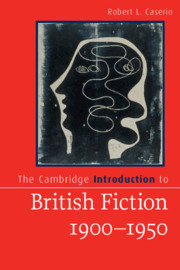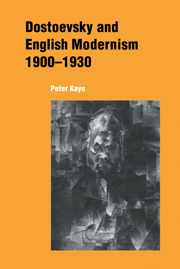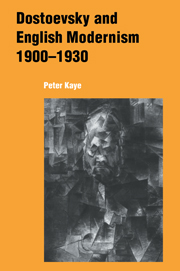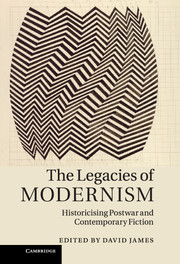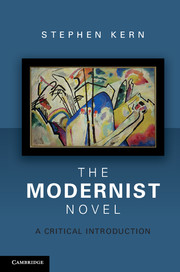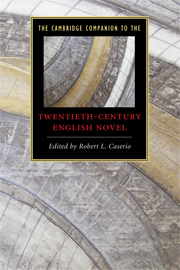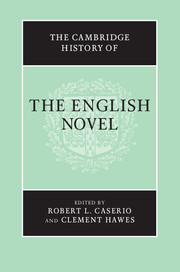The Cambridge Introduction to British Fiction, 1900–1950
Examining the work of more than one hundred writers, in a wide variety of genres including detective, spy, gothic, fantasy, comic, and science fiction, this book is an unusually comprehensive introduction to the novels and short stories of the period. Providing fresh readings of famous modernist figures (Conrad, Ford Madox Ford, Joyce, Woolf, Forster, Lawrence, and others), Robert L. Caserio also brings new attention to lesser-known writers who merit increased attention. He provides readers with an overview of modernist fiction's intellectual milieu, and addresses its contextualization by history and politics - feminism, global war, and the emergence of the welfare state after World War II. An ideal introduction for the student, this book offers a thought-provoking re-examination of literary history, and an exploration of the unique value of fiction's portrayals of the world.
- Places canonical and non-canonical writers side by side
- Contextualizes fiction of the period in terms of the period's leading ideas about aesthetics, anthropology, psychology, sociology, and science
- Demonstrates the interchanges between modernist and popular fictional genres
Reviews & endorsements
'… a plentiful, wide-ranging, and important exploration of modernist fiction from a distinguished critic.' The D.H. Lawrence Review
‘… a scrupulous and democratic account of its subject … consistently surprising, illuminating, and instructive … produc[es] a remarkable succession of affiliations that captures better than comparable introductions the … ideas and forms that characterize the period … a healthy reminder that literature and literary history can and should be fun … Caserio’s … habit of broad reading within a given period … should produce only praise.' Matthew Levay, Modern Language Quarterly
Product details
April 2019Adobe eBook Reader
9781108650861
0 pages
This ISBN is for an eBook version which is distributed on our behalf by a third party.
Table of Contents
- 1. British narrative fiction in terms of 'period' and 'treatments'
- 2. The artist as critic: ideas of fiction, 1890–1938
- 3. Seeing modernism through
- 4. British fiction amid non-fictional discourses in the era of modernism
- 5. Entertaining fictions
- 6. Collective welfare and warfare: British fiction 1936–1950.

